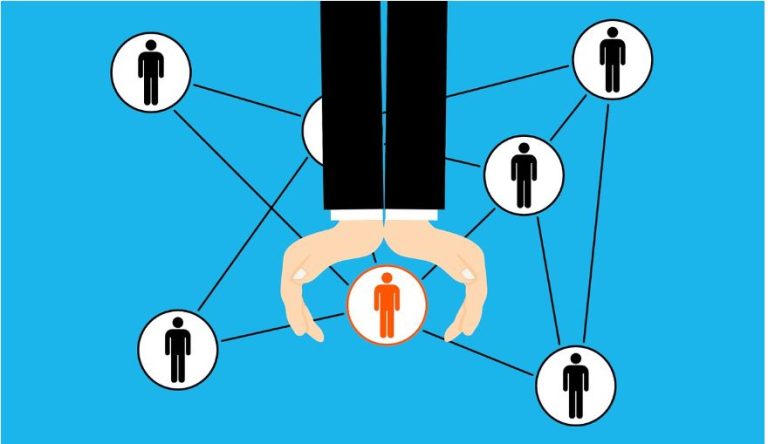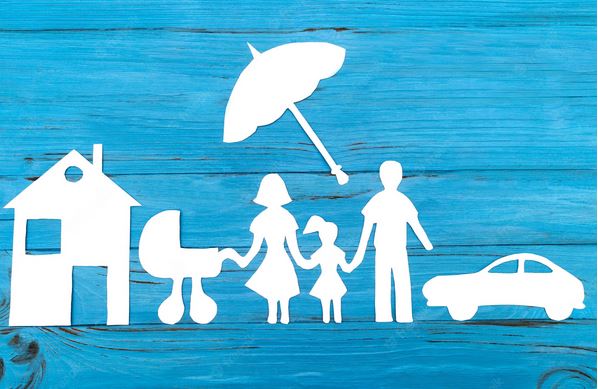How a Debt Consolidation Loan Can Help You Take Control of Your Finances
As someone who has struggled with managing debt, I understand the stress and anxiety it can cause. One solution that many people turn to is a debt consolidation loan. This type of loan can be a great way to take control of your finances and simplify your debt payments. In this article, I will cover everything you need to know about debt consolidation loans, including what they are, how to get one, and the pros and cons of using this type of loan to manage your debt.
What is a debt consolidation loan?
A debt consolidation loan is a type of loan that allows you to combine multiple debts into one single payment. Essentially, you use the loan to pay off your existing debts, and then make payments on the new loan. This can be a great way to simplify your finances, as you no longer have to keep track of multiple payments and due dates.
There are two main types of debt consolidation loans: secured and unsecured. A secured loan requires collateral, such as a home or car, to secure the loan. An unsecured loan does not require collateral, but typically comes with higher interest rates.
Benefits of a debt consolidation loan
One of the biggest benefits of a debt consolidation loan is that it can simplify your finances. Instead of juggling multiple payments and due dates, you only have to worry about one payment each month. This can make it easier to budget and plan for your financial future.
Another benefit of a debt consolidation loan is that it can lower your interest rates. If you have high-interest credit card debt, for example, consolidating that debt into a loan with a lower interest rate can save you money in the long run.
Types of debt consolidation loans
As mentioned earlier, there are two main types of debt consolidation loans: secured and unsecured. Within those categories, there are also several different types of loans you can choose from.
A home equity loan is a type of secured debt consolidation loan that uses your home as collateral. This can be a good option if you have a lot of equity in your home and need to consolidate a large amount of debt.
A personal loan is an unsecured debt consolidation loan that does not require collateral. These loans typically come with higher interest rates than secured loans, but can still be a good option if you have good credit.
How to get a debt consolidation loan
To get a debt consolidation loan, you will need to apply with a lender. The lender will review your credit history and financial situation to determine your eligibility for the loan. If you are approved, the lender will provide you with a loan offer that outlines the terms and conditions of the loan.
Before accepting a loan offer, it is important to carefully review the terms and make sure you understand the interest rate, fees, and repayment schedule. You should also compare offers from multiple lenders to make sure you are getting the best deal possible.
Eligibility criteria for debt consolidation loans
The eligibility criteria for debt consolidation loans will vary depending on the lender and the type of loan you are applying for. Generally, you will need to have a good credit score and a steady source of income to be eligible for a loan.
If you are applying for a secured loan, you will also need to have collateral that can be used to secure the loan. This can be a home, car, or other valuable asset.
Debt consolidation loan rates and fees
The interest rates and fees for debt consolidation loans will depend on the lender and the type of loan you are applying for. Generally, secured loans will come with lower interest rates than unsecured loans.
It is important to carefully review the interest rates and fees before accepting a loan offer. Some lenders may charge origination fees, prepayment penalties, or other fees that can add to the cost of the loan.
How to choose the best debt consolidation loan for you
To choose the best debt consolidation loan for your needs, you should consider several factors, including the interest rate, fees, repayment schedule, and eligibility criteria. You should also compare offers from multiple lenders to make sure you are getting the best deal possible.
It is also important to consider your long-term financial goals when choosing a loan. A secured loan may be a good option if you need to consolidate a large amount of debt, but could put your home or other assets at risk. An unsecured loan may be a better option if you have good credit and a steady source of income.
Pros and cons of debt consolidation loans
Like any financial product, debt consolidation loans have both pros and cons. Some of the pros of using a debt consolidation loan include simplifying your finances, lowering your interest rates, and potentially saving money in the long run.
Some of the cons of using a debt consolidation loan include the risk of losing collateral if you are unable to make payments on a secured loan, and the potential for higher interest rates on unsecured loans.
Alternative options for debt consolidation
If a debt consolidation loan is not the right option for you, there are several alternative options you can consider. One option is a balance transfer credit card, which allows you to transfer high-interest credit card debt to a card with a lower interest rate.
Another option is a debt management plan, which involves working with a credit counseling agency to negotiate lower interest rates and create a repayment plan for your debts.
Conclusion
Managing debt can be a stressful and overwhelming experience, but a debt consolidation loan can be a great way to take control of your finances and simplify your debt payments. Before applying for a loan, it is important to carefully consider your options and make sure you are choosing the best loan for your needs.
Remember to review the interest rates, fees, and repayment schedule before accepting a loan offer, and to compare offers from multiple lenders to make sure you are getting the best deal possible. With the right loan and a solid repayment plan, you can take control of your finances and work towards a debt-free future.
You’ll be interested in HELOC vs. Home Equity Loan: Which Option is Right for You?.





